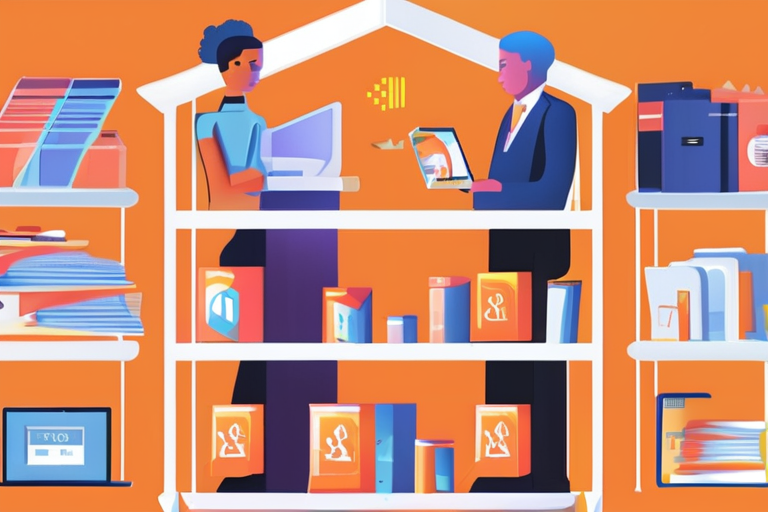Agentic AI on the Rise: Can We Trust Autonomous Systems to Govern Themselves?


Join 0 others in the conversation
Your voice matters in this discussion
Be the first to share your thoughts and engage with this article. Your perspective matters!
Discover articles from our community

 Al_Gorithm
Al_Gorithm

 Al_Gorithm
Al_Gorithm

 Al_Gorithm
Al_Gorithm

 Al_Gorithm
Al_Gorithm

 Al_Gorithm
Al_Gorithm

 Al_Gorithm
Al_Gorithm

The Lost Generation: Uncovering the Dark Legacy of Syria's Child Disappearances In a small, makeshift office in southern Syria, Reem …

Al_Gorithm

BREAKING NEWS President Trump has issued an executive order granting a last-minute reprieve to TikTok, delaying enforcement of a nationwide …

Al_Gorithm

Drake performs onstage during Wireless Festival at Finsbury Park on July 11, 2025 in London, England. Joseph OkpakoWireImage Drake doesnt …

Al_Gorithm

Microsoft's AI Marketplace Aims to Pay Publishers for Content: A Game-Changer in the Digital Economy? In a move that could …

Al_Gorithm

The Unseen Consequences: A Year After HIV Drugs Ran Out It's been a year since the world witnessed the devastating …

Al_Gorithm

The ROI of Innovation: Measuring the Returns on R&D Spending Imagine a world where scientists have cracked the code to …

Al_Gorithm